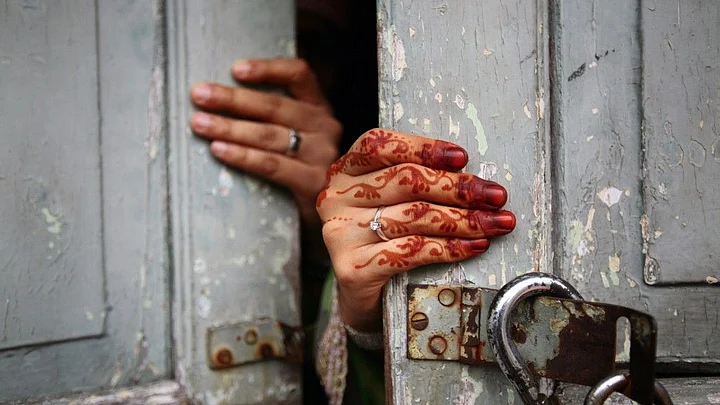Identities of rape and sexual assault victims, including those who have died, cannot be disclosed “even in a remote manner”, the Supreme Court said on Tuesday, 11 December.
The court also said, however, that nobody can have any objection to victims disclosing their identities, as long as they are not minors and have taken the decision voluntarily.
The apex court said media should be cautious not to "sensationalise" such cases, and though they have an obligation to report such matters, they are also "duty-bound" not to disclose the identity of such victims, including minors.
A bench of justices Madan B Lokur and Deepak Gupta directed that FIRs lodged for the offence of rape under the Indian Penal Code (IPC) and offences under the Protection of Children from Sexual Offences (POCSO) Act shall not be put in public domain.
“No person can print or publish in print, electronic, social media, etc. the name of the victim or even in a remote manner disclose any facts which can lead to the victim being identified and which should make her identity known to the public at large”The SC bench in its judgment
The court said that in the society, a victim of sexual offence, especially rape, was unfortunately treated worse than the perpetrator of crime, and “for no fault of the victim, society instead of empathising with the victim, starts treating them as ‘untouchable’”.
"A victim of rape is treated like a pariah and ostracised from society. Many times, even her family refuses to accept her back into their fold. The harsh reality is that many times cases of rape do not even get reported because of the false notions of so called 'honour' which the family of the victim wants to uphold," the bench said.
It said that in cases where the victim is dead or of unsound mind, her name and identity should not be disclosed even under authorisation of next of the kin unless circumstances justifying the disclosure of her identity exist, which shall be decided by competent authority, that is the sessions judge.
"The police officials should keep all the documents in which the name of the victim is disclosed, as far as possible, in a sealed cover and replace these documents by identical documents in which the name of the victim is removed in all records which may be scrutinised in the public domain," it said.
Guidelines for Media Coverage
Regarding media, the court said they should refrain from talking to such victim because every time the victim repeats the tale of misery, she again undergoes the trauma.
"Reportage of such cases should be done sensitively keeping the best interest of the victims, both adult and children, in mind. Sensationalising such cases may garner Television Rating Points (TRPs) but does no credit to the credibility of the media," it said.
It said that authorities, to which the name of victim was disclosed, were also duty bound to keep it secret and not to disclose it in any manner, except in the report which should only be sent in a sealed cover to the investigating agency or the court.
The bench said that application filed by the next of kin to authorise disclosure of identity of a dead victim or of a victim of unsound mind, should be made only to the sessions judge concerned until the government lays down a criteria as per the court's directions for identifying social welfare institutions or organisations.
"In case of minor victims under POCSO, disclosure of their identity can only be permitted by the special court, if such disclosure is in the interest of the child," the bench said.
‘One Stop Centre for Crimes Against Women and Children’
It asked all the states and Union Territories to set up at least one 'one stop centre' in every district within a year which could be used as a central police station where all the crimes against women and children in the town or city would be registered.
The bench did not agree with the submissions that name and identity of minor victims of sexual assault could be disclosed after he or she has died.
"In the case of dead victims, we have to deal with another factor. We have to deal with the important issue that even the dead have their own dignity. They cannot be denied dignity only because they are dead," the bench said.
The court said "if the victim is a young girl who has been dating and going around with a boy, she is asked in intimidating terms as to why she was dating a boy.
"The victim's first brush with justice is an unpleasant one where she is made to feel that she is at fault; she is the cause of the crime."
It said that during trial in such cases, victims are subjected to “harsh cross-examination” during which a lot of questions are raised about her “morals and character” and the judge “sometimes sit like mute spectators and normally do not prevent the defence from asking such defamatory and unnecessary questions”.
Historical Precedent of Privacy Invasion
It said that over a period of time, a lot of effort have been made to sensitise the courts but "experience has shown that despite the earliest admonitions, the first as far back as in 1961, the courts even today reveal the identity of the victim".
"We are of the view that the disclosure of the name of the child to make the child a symbol of protest cannot normally be treated to be in the interest of the child," it said.
The issue had cropped up when the court was hearing a batch of petitions filed after the rape and murder of a paramedic student on December 16, 2012 in New Delhi to support the initiatives on women's safety across the country.
